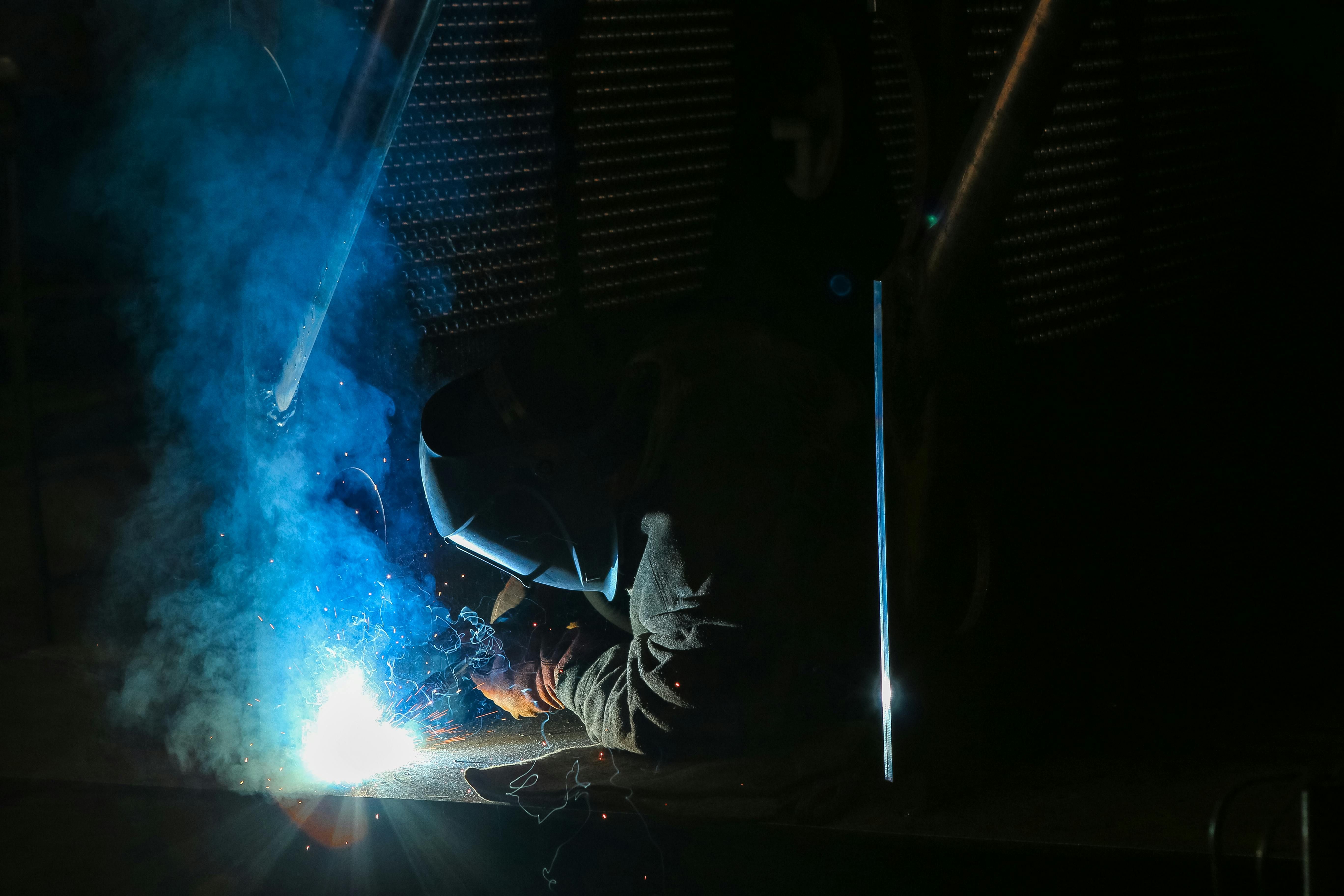Welding Services: Professional Solutions for Industry and Beyond

What are welding services?
Welding services involve specialized work of joining metal elements using various welding techniques. It’s a key component in many industries, from construction to the production of advanced equipment. Welding requires not only technical skills but also precision and knowledge of different materials’ properties. Today, welding is an integral part of modern manufacturing and construction, enabling the creation of durable and robust structures.
WeldFab - an expert in the field of welding
WeldFab stands out in the welding services market. The company specializes in welding stainless steel, carbon steel, and aluminum. WeldFab offers comprehensive solutions for industry, combining professionalism with an innovative approach to each project. The company employs highly qualified welders who continuously improve their skills to meet the growing market demands. WeldFab invests in state-of-the-art equipment and technologies, allowing them to execute even the most complex welding projects.
Popular welding methods
TIG (Tungsten Inert Gas)
TIG welding uses a non-consumable tungsten electrode and shielding gas. This method allows for high-quality welds, especially with thin materials. TIG is often used in the aerospace industry due to its ability to produce precise and clean welds.
MIG (Metal Inert Gas)
MIG welding uses a consumable electrode and inert gas. It’s a versatile method, often used for welding aluminum and other non-ferrous metals. MIG is characterized by high efficiency and the possibility of process automation, making it a popular choice in mass production.
MAG (Metal Active Gas)
MAG welding is similar to MIG but uses active gases. This method is popular for welding structural steel. MAG offers good material penetration and is often used in construction and shipbuilding.
Applications of welding in various industries
Welding finds applications in many fields:
- Construction: Steel structures, bridges, skyscrapers
- Automotive industry: Car bodies, frames, suspension elements
- Shipbuilding industry: Ship construction, drilling platforms
- Energy sector: Pipelines, pressure vessels, power plant structures
- Food and pharmaceutical industry: Processing equipment, tanks
- Aviation and aerospace: Aircraft and spacecraft components
- Railway industry: Wagons, rails, railway infrastructure
- Oil and gas industry: Drilling platforms, pipelines
Precision and innovation in welding services
Precision in welding is not only about accuracy of execution but also the ability to select appropriate parameters and techniques for a specific task. Innovation is manifested in the use of modern technologies, such as:
- Laser welding: Enables very precise and fast joining of materials
- Plasma welding: Allows welding of thick materials
- Automation and robotization of welding processes: Increases efficiency and repeatability
- Weld quality monitoring and control systems: Ensure high-quality execution
- Ultrasonic welding: Mainly used for joining plastics and non-ferrous metals
- Friction welding: Enables joining of materials difficult to weld
Welding of different materials
Steel structure welding
Welding steel structures requires good knowledge of different steel grades’ properties and the ability to minimize stresses arising during the process. Proper material preparation, selection of welding parameters, and temperature control during the process are crucial.
Aluminum welding
Aluminum welding is challenging due to the specific properties of this metal, such as low melting point and high thermal conductivity. It requires special techniques and experience to avoid problems like porosity or thermal deformations.
Stainless steel welding
Welding stainless steel requires special attention due to this material’s tendency for thermal deformations and the need to maintain its corrosion resistance. It’s important to use appropriate filler materials and welding techniques that minimize the risk of losing anti-corrosion properties.
Safety and quality in welding
Safety in welding is a priority. It includes using appropriate protective equipment, following health and safety regulations, and regular employee training. The quality of welding services is ensured through:
- Using certified materials
- Adhering to industry norms and international standards
- Regular inspections and weld tests, including non-destructive testing
- Continuous improvement of welders’ skills
- Implementing quality management systems
- Documenting welding processes
The future of the welding industry
The future of the welding industry involves further development of automation, application of artificial intelligence in quality control, and development of technologies for welding difficult-to-weld materials. Companies like WeldFab, investing in innovations, will be leaders in this transformation. It’s also expected:
- Development of additive welding technology (3D metal printing)
- Increased importance of welding in the production of renewable energy devices
- Further development of hybrid welding methods, combining different techniques
- Growing demand for welders specialized in new technologies
Invitation to contact
If you need more information about our services or want to discuss your project with our team of experts, we cordially invite you to contact us! Get in touch with us here or call +48 577 553 676. We’ll be happy to help you find the best solutions for your needs!